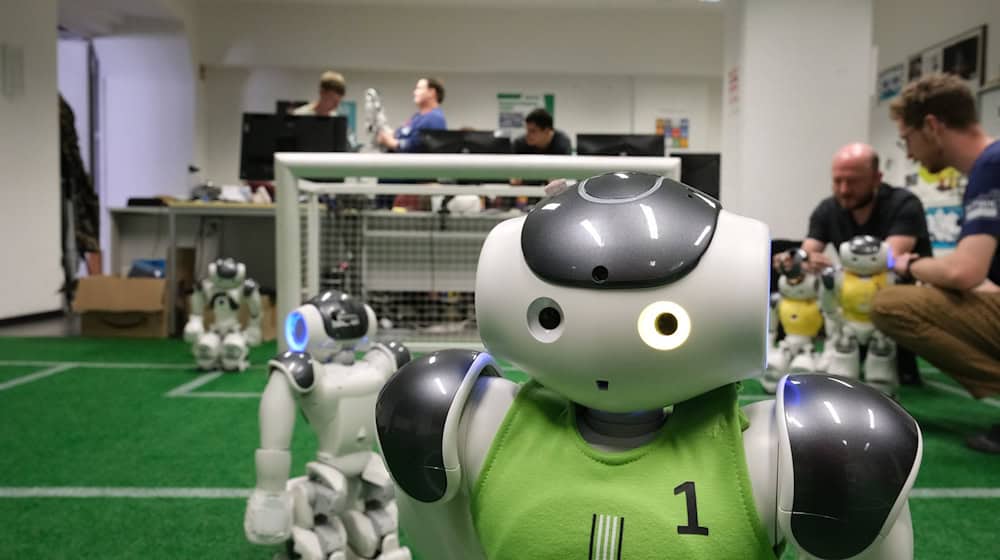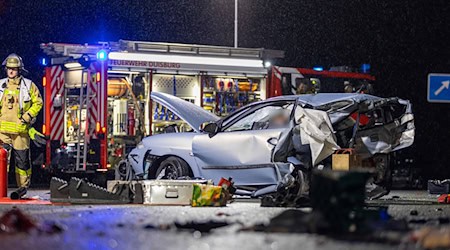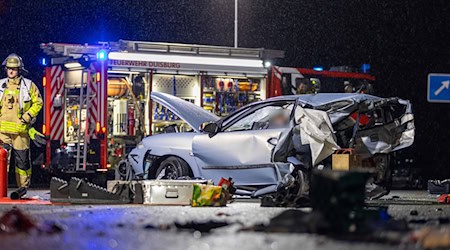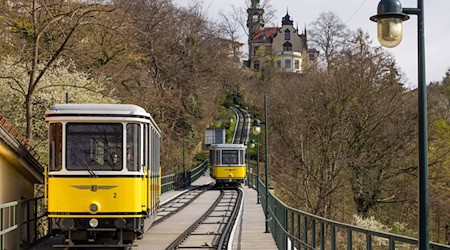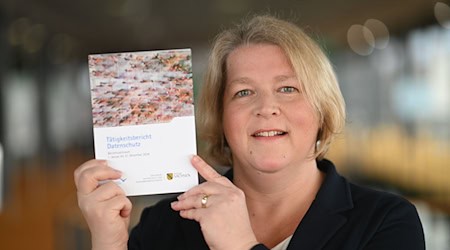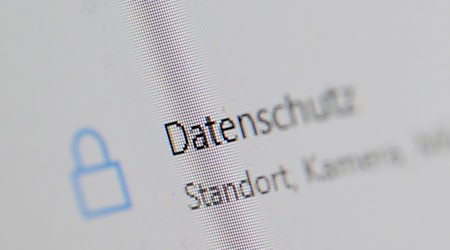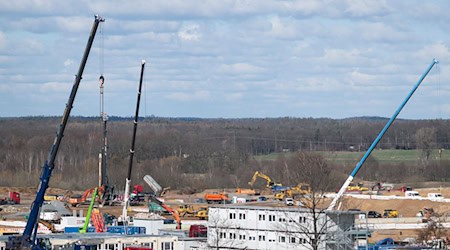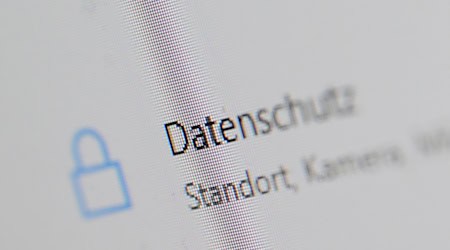New game, new luck: just a few days after the end of the European Championships in Germany, all eyes are now on a different kind of soccer - the World Robot Football Championships in Eindhoven, the Netherlands.
After the German national team's bitter exit in the European Championship quarter-finals against Spain, the chances of a German World Cup title in robot football are pretty good, says Max Polter, team member of the robot soccer team at Leipzig University of Applied Sciences (HTWK). "There is reason for hope. The bitter 9:0 defeat in the German-German final at the last World Cup in Bordeaux was painful."
Revenge against Bremen in sight
Last year, Leipzig lost to their opponents in the final, B-Human, the team from the University of Bremen and the German Research Center for Artificial Intelligence (DFKI). However, the last meeting at the German championship in spring, which ended in a 4:1 defeat, gave the Leipzig team courage. "So we've come some way from the 9:0 drubbing. It's not a gift, but it's become more tangible," continued Polter.
The last game was much more balanced, although some scoring chances were unfortunately missed. The new HTWK robots are also much more robust. Leipzig last became world champions in Montreal in 2018. Since then, Bremen has won the title every year.
The code decides
The HTWK plays in a league in which only the software or code is decisive. "We all play with identical robots," explains Polter. In other leagues, the teams build their own robots, with less focus on the software.
In addition to the Leipzig and Bremen teams, the Hamburg and Dortmund teams are also very strong. "Team Runswift from Australia is also always among the front runners," says Polter.
Interplay between humans and robots
In addition to the main competition, this year there will also be the so-called "Shared Autonomy Challenge", in which two robots compete against each other. "However, only one team is fully autonomous - meaning it is not controlled by a human," explains Polter.
These robots are programmed in advance and play with a fully automated code. On the opposing side, one of the robots is remote-controlled by a human. The challenge: the human at the wheel cannot see the playing field. They can only stream the robot's sensor data to their laptop and have to use this information to give the robot commands. According to Polter, the challenge is primarily intended to "shed light on the cooperation between man and machine".
Preparations in full swing
While many players in human soccer are now enjoying a well-deserved summer break, preparations are in full swing in the robot football team at HTWK Leipzig.
The tournament starts in Eindhoven on July 17. According to Polter, the title is "definitely more tangible than in previous years". "We have left no stone unturned and have worked hard."
Copyright 2024, dpa (www.dpa.de). All rights reserved

